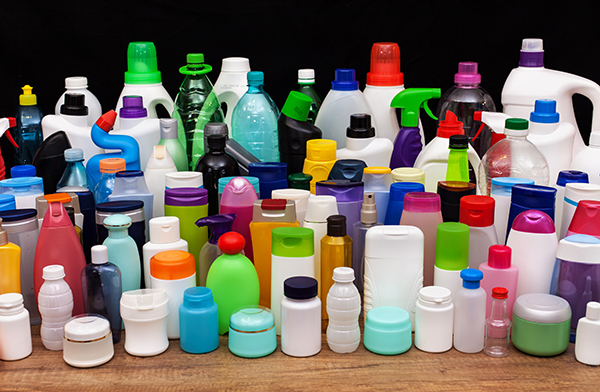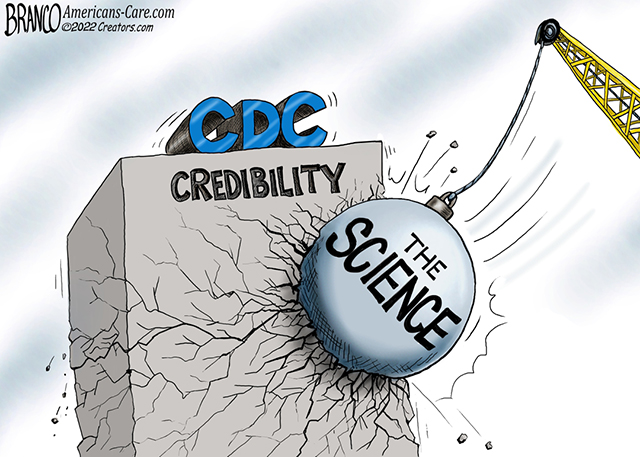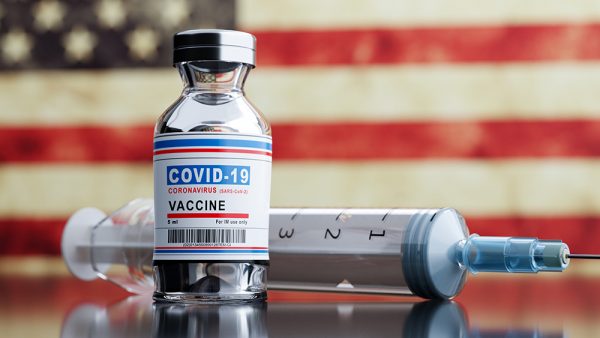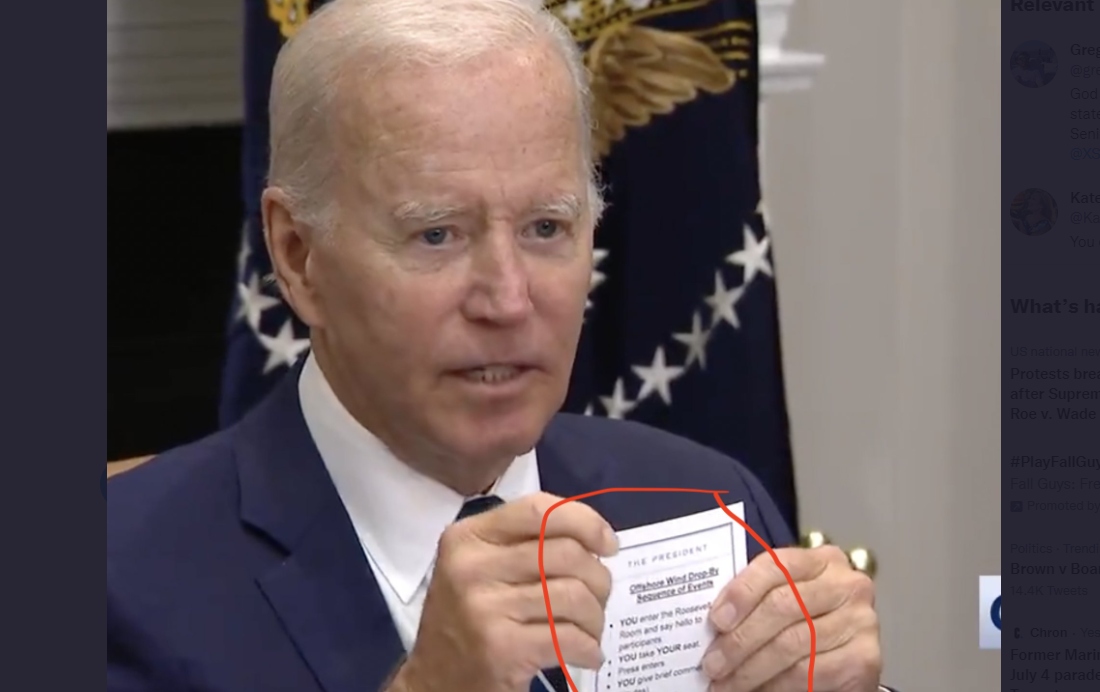 Parler
Parler Gab
Gab
Nearly 500 readily identifiable organic compounds found in recycled plastics
When many people think of recycling, they think of conservation and helping the planet – you know, like those little green logos on the recycling bins suggest. The impression one is left with is that recycled materials are better for the planet, and thus better for humans. In the case of plastics, this is simply wrong. Recycled plastics, due to the various lives they lived before being recycled, tend to be contaminated with even more deadly chemicals than virgin plastics. Among the toxins found in recycled plastics are chemical pesticides, pharmaceutical residues and various industrial chemicals. Depending on what the plastics were originally used for, this makes sense: think drug pill bottles getting ground up with motor oil bottles, along with containers full of crop herbicides. Would you want to drink out of a water bottle made from the recycled remnants of all these? And yet, this is exactly what millions of people unknowingly do every single day when they drink from recycled plastic bottles or eat from recycled plastic containers. There is simply no knowing what your particular recycled plastic bottle might contain – it is all a mystery. One study that was just recently published by Elsevier tested plastic pellets collected from recycling plants in 13 different locales around the world. They identified 491 readily identifiable organic compounds, along with 170 more that were tentatively identified. Included among the compounds were: • Pesticides and biocides • Pharmaceuticals • Industrial chemicals • Plastic additives • Polycyclic aromatic hydrocarbons (PAHs) • Food ingredients • Polychlorinated biphenyls (PCBs) • Surfactants • Fragrances • Ultraviolet (UV) filters • Dyes • Stimulants • Corrosion inhibitors • Polybrominated diphenyl ethers (PBDEs) • Repellants • Human metabolites • Polychlorinated naphthalene (PCNs) Keep in mind that even some children's toys are now made from recycled plastics, meaning they could contain any or all of the aforementioned chemicals, which are hidden from the naked eye. Is your baby chowing down on some of these? Simply put, recycled plastic is a really bad idea. Virgin plastic is bad enough as it is, but recycled plastic is even worse. Avoid it at all costs and save yourself and your family from potentially getting sick from constant exposure to these toxins. "We need a fundamentally different approach that turns the tap off on new plastic production," argues Dr. Andrew Forrest, chairman of the Minderoo Foundation, about how a pivot away from plastic is desperately needed to protect public health and limit public exposure to the nasty toxins found in plastics – especially recycled plastics. "We need a 'polymer premium' on every kilogram of plastic polymer made from fossil fuel." The latest news about the chemical toxins hiding in food and food packaging can be found at ChemicalViolence.com. Sources for this article include: TheReaderApp.com Minderoo.org NaturalNews.comRep. Ronny Jackson: Biden “can’t do the job” of U.S. president due to COGNITIVE DECLINE
By Ramon Tomey // Share
Governments continue to obscure COVID-19 vaccine data amid rising concerns over excess deaths
By patricklewis // Share
Tech giant Microsoft backs EXTINCTION with its support of carbon capture programs
By ramontomeydw // Share
Germany to resume arms exports to Israel despite repeated ceasefire violations
By isabelle // Share










